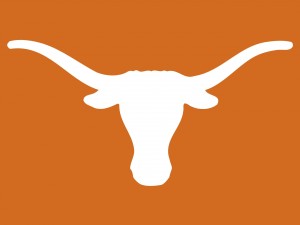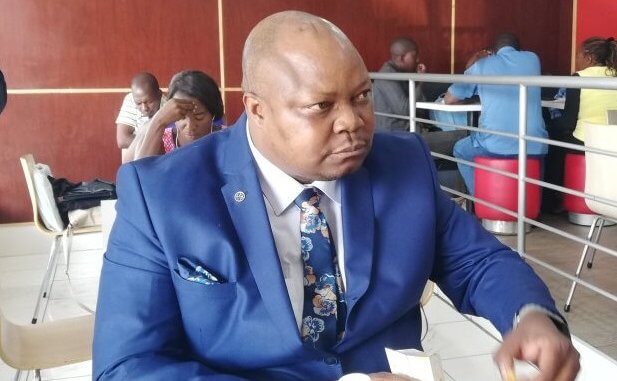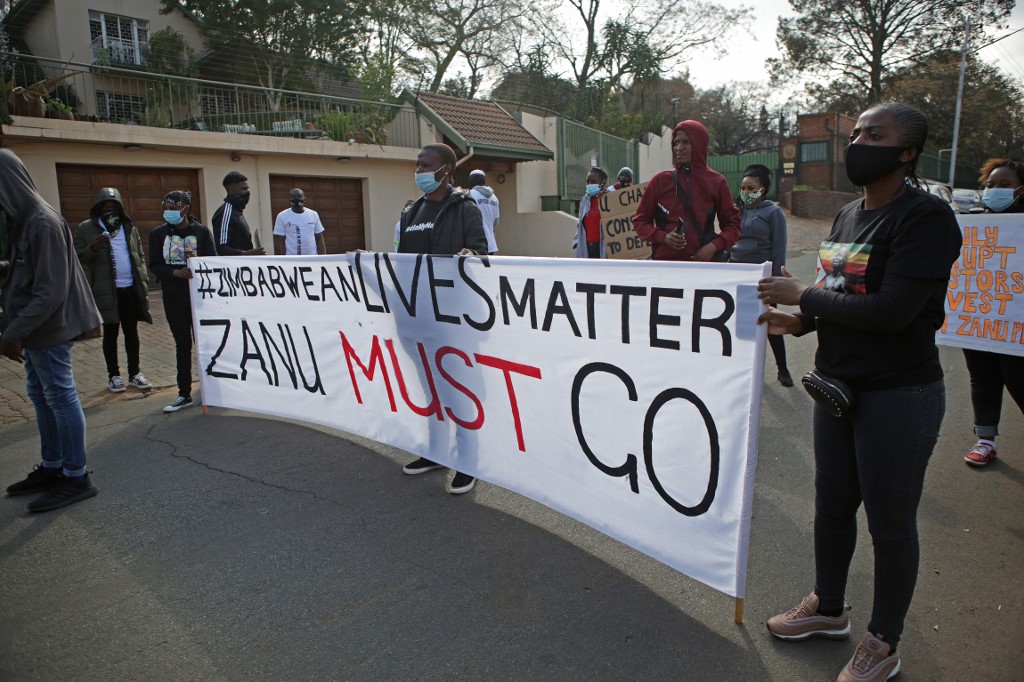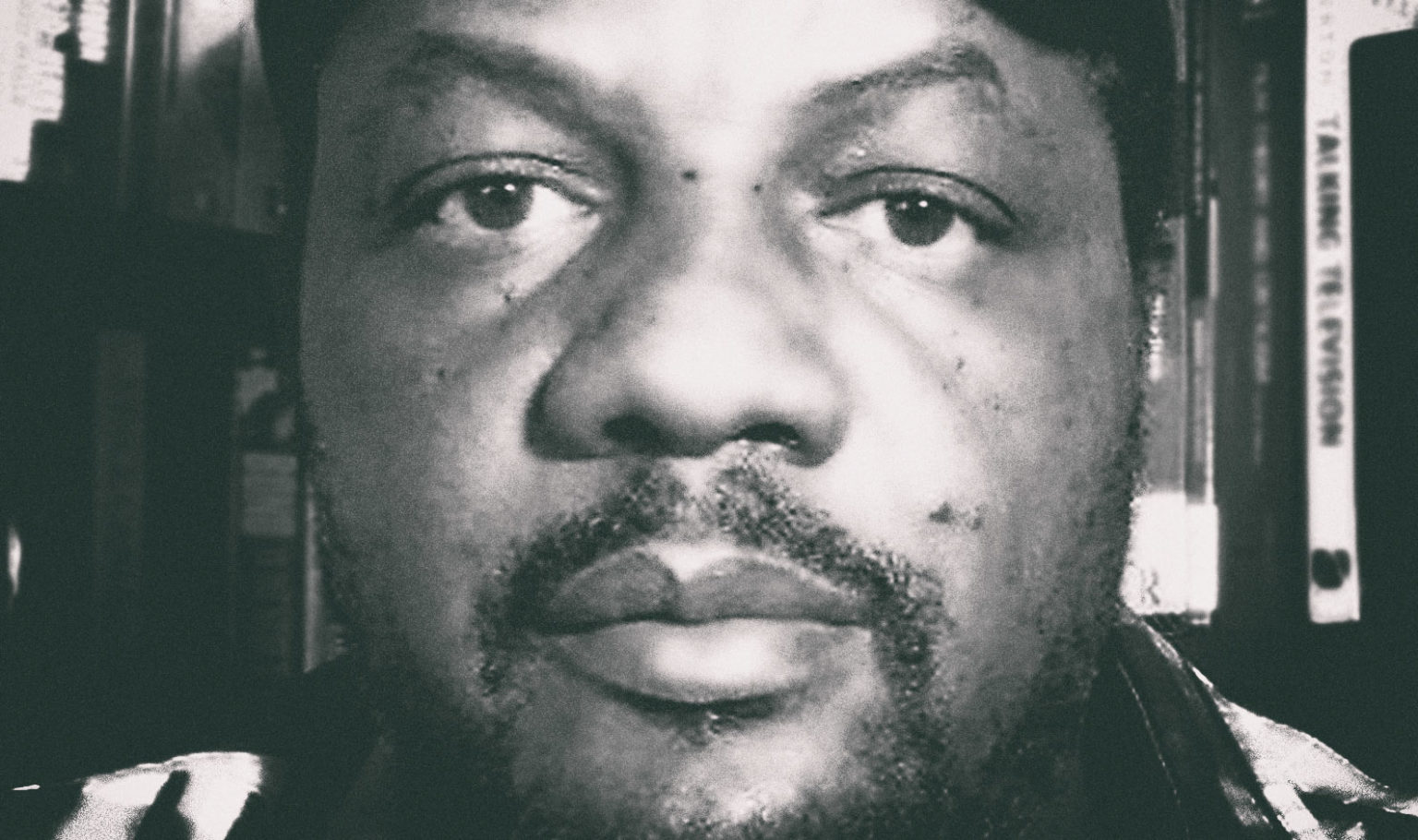The arms race is on. The recruitment of college athletes by athletic departments has always been a battle based on which programs can most persuasively pitch the unique opportunities that players will be provided to reach the next level, whether it be the coaching staff, training facilities, or history of propelling individuals to the professional ranks.
However, with four states (Florida, California, Colorado, and Nebraska) creating new laws that will allow college athletes to earn money from the use of their names, images, and likenesses, more than 30 other states considering similar legislation, and the NCAA promising legislative proposals to reform its prohibition on athletes exploiting their publicity rights, universities are entering a new realm of recruiting athletes. They are pitching their social media metrics, the companies that are based in or around the cities in which they are located, and the tools that they are equipped to provide athletes as they are about to be given, for the first time, a right to earn money in exchange for their valuable endorsements.
While Florida is technically set to be the first state to allow college athletes to commercially exploit their names, images, and likenesses (with an effective date of July 1, 2021), the NCAA has declared that it expects its own legislation to be approved by January 31, 2021, with effective dates no later than the start of the 2021-22 academic year. That would create change for athletes at schools across the country, irrespective of jurisdiction. As such, athletic departments outside of those states that have passed legislation on the issue of name, image, and likeness are preparing for what they expect to come — some creation of rights for college athletes to put them in a similar position as their colleagues on campus who have zero restrictions with regard to the commercial exploitation of their publicity rights.
The University of Texas has come out of the gates with an impressive pitch to prospective recruits as to why they should strongly consider Texas Athletics. The program, titled LEVERAGE, was announced on August 31 with a press release and video that boasts of personal branding, brand management, business formation, and entrepreneurship tools for students, opportunity management offerings and over 120 technology companies, more than 50 gaming companies and at least 40 major business headquarters based in Austin.
There is no mistaking the purpose of the efforts at the University of Texas; its athletics department is interested in capitalizing off of its size and strength, but worried that schools in states that have already passed laws related to name, image, and likeness are off to an early lead in attracting top recruits. Texas Football coach Tom Herman’s statement in the LEVERAGE release furthers this truth.
“With the NIL opportunities coming in the near future, the establishment of the LEVERAGE program is a personal development area where we will provide unmatched resources when it comes to building our players’ brands,” Herman said. “The people they will meet, opportunities at their disposal and the resources our first-class Football and Athletics programs will provide are second to none, and this program is just another great reason to be a Texas Longhorn.”
Herman’s statement is based on the belief that either the NCAA will choose to remove its current prohibition on college athletes earning money off of their names, images or likenesses, or that there will be separate federal action by way of Congress enacting a national law, such as the legislation introduced by Sen. Marco Rubio in June. However, the only state that has guaranteed its athletes the ability to exploit their publicity rights as of July 1, 2021 is Florida. It should be expected that schools in the Sunshine State, as well as athletic departments in all other states, begin to develop and announce programs that bear similarities to what Texas has unveiled by way of its LEVERAGE program.
While it appears that Texas Athletics is choosing, at least for the time being, to provide tools to athletes in-house, there may be opportunities for external third parties to provide resources and training such as financial literacy, opportunity management, compliance assistance, and content creation capacities to athletic departments that choose to follow in the footsteps of the University of Texas. I am part of a team that is going to announce such an offering in the very near future as a viable third-party solution to level the playing field.
Darren Heitner is the founder of Heitner Legal. He is the author of How to Play the Game: What Every Sports Attorney Needs to Know, published by the American Bar Association, and is an adjunct professor at the University of Florida Levin College of Law. You can reach him by email at heitner@gmail.com and follow him on Twitter at @DarrenHeitner.




 Kathryn Rubino is a Senior Editor at Above the Law, and host of
Kathryn Rubino is a Senior Editor at Above the Law, and host of 



















